BRICS's challenges and strategic directions
The BRICS summit in Rio in 2025 takes place in a unique context: for the first time, new members will be fully involved in formal activities after the bloc’s enlargement in 2024. However, the level of participation of these countries remains uneven. Coordination mechanisms between the enlarged members and the founding countries have not yet been standardized; much depends on the individual roles of leaders and bilateral diplomatic capabilities, especially in relations with Russia, China, Brazil, India and South Africa.
The expansion of membership has raised questions about the effectiveness of decision-making, which traditionally relies on consensus. The case of Brazil’s de facto veto over Venezuela, without any apparent opposition from other countries, has raised the debate about the applicability of majority voting in exceptional situations. The risk of paralysis due to implicit veto is all the more evident as BRICS interests and policy orientations become more diverse.
The central theme of the summit is expected to be reform of the global governance system, especially the United Nations, the International Monetary Fund (IMF) and the World Bank (WB). BRICS is united in the view that the current structure of the United Nations, especially the Security Council, no longer reflects the power realities of the 21st century world.
According to BRICS, the main shortcomings are the lack of representation from the Southern Hemisphere (Africa, Latin America, the Muslim world); the abuse of veto power by three Western countries (USA, UK, France); the dominance of the US dollar, financial power concentrated in the IMF and Western institutions.
However, analysts say internal disagreements remain. Russia supports expansion (prioritizing India, Brazil, and African representation), but warns that a bloated Security Council would be ineffective. China has publicly backed reform, but its support for India’s permanent membership is questionable given the nature of the competition between the two countries. Brazil and South Africa have also lobbied for permanent seats, but are believed to face opposition from the United States and its European allies. Intra-bloc competition (between Egypt, Ethiopia, and Nigeria) and regional rivalry (between Iran and Saudi Arabia) also complicate the possibility of a unified stance.
On the financial front, BRICS members, including the newcomers, agree that quota allocation mechanisms in the IMF and other international financial institutions need to be changed to reflect the current economic role of developing countries. However, this reform process has been dragging on for years, and BRICS still lacks real leverage to force Western countries to relinquish their dominance in these institutions.
Security issues are also on the agenda. Cybersecurity and counterterrorism could prove divisive given the conflict between India and Pakistan. China, with its strong partnership with Pakistan, may seek to soften India’s claims. On global hotspots, the situation in Ukraine, the Middle East and Africa, as well as the role of BRICS in promoting stability and security in regions with strategic mineral deposits (such as lithium in Bolivia), will be at the forefront of discussions.
BRICS strengthens substantive cooperation, towards financial and technological autonomy
According to Georgy Toloraya, an expert at the Center for World Politics and Strategic Analysis of the Russian Academy of Sciences, at the upcoming BRICS Summit, member states are expected to discuss a wide range of practical cooperation areas, focusing on finance, technology, food security and sustainable development. The focus is on promoting new mechanisms to reduce dependence on the Western system and strengthen the bloc's role in the global economic order.
First, reduce dependence on the US dollar. Russia has recently emphasized the need to build a sustainable payment mechanism, especially in the context of sanctions. BRICS countries are moving towards establishing their own cross-border payment system, developing a central bank digital currency (CBDC) for intra-bloc payments, and considering an alternative to SWIFT.
According to Russian government statistics, the use of national currencies in transactions has reached a high level, with Russia alone recording a 90% share of transactions in rubles and national currencies of “friendly” countries by the end of 2024. However, the process of establishing a common BRICS currency has not made significant progress due to concerns from members about replacing the USD.
Second, the New Development Bank (NDB) will continue to be strengthened as an instrument for infrastructure financing for member countries. E-commerce, an emerging strength of the BRICS economies, is also expected to be prioritized in bilateral and multilateral cooperation.
Third, ensuring food security and responding to supply chain disruptions. BRICS countries aim to minimize disruptions in food supply chains, promote trade in agricultural commodities and fertilizers, and enhance technical cooperation to ensure long-term food security.
Fourth, balance innovation and control in the field of digital transformation and artificial intelligence (AI). The development of digital technology, especially AI, is considered a priority area. It is expected that a joint working group on AI will be established, in which: China proposes to develop algorithms; India focuses on human resources training; Russia develops cybersecurity and defense applications.
However, differences over digital sovereignty and Internet governance could be a stumbling block. While India favors an open model, China and Russia favor a more tightly controlled system.
Fifth, on green energy and climate policy coordination. In the field of sustainable development, the BRICS countries are considering establishing a Green Energy Fund, which would finance projects through the NDB such as hydropower (Brazil, Russia), solar power (India, China), wind power (Egypt, UAE) and hydrogen (China, Russia, Brazil).
Also on the agenda is an initiative to connect Africa’s regional power grids using Chinese and Russian technology. However, these projects face barriers from inconsistent technical standards and competition from Western suppliers.
As Brazil takes on the presidency and prepares to host the 30th Conference of the Parties to the United Nations Framework Convention on Climate Change (UNFCCC) - COP30, BRICS is working to build a unified stance at this forum. Proposals include: (1) Demanding the West to increase climate finance for developing countries; (2) Establishing an intra-bloc replacement fund; (3) Opposing unilateral carbon taxes like the EU's CBAM.
However, internal disagreements remain, particularly between China and countries calling for a rapid transition away from fossil fuels, or between India and Arab countries over the pace of the oil transition.
The BRICS 2025 summit is expected to set concrete directions in a range of areas that will have a long-term impact on the global economic and technological structure. While cooperation is expanding and deepening, significant internal differences remain, especially on financial, digital and climate issues. The success of BRICS will depend on its ability to harmonize interests among its members, as well as its ability to build effective alternative institutions in a world that is shifting towards a multipolar model.
Hung Anh (Contributor)
Source: https://baothanhhoa.vn/hoi-nghi-thuong-dinh-brics-tai-brazil-dinh-hinh-trat-tu-moi-trong-the-gioi-da-cuc-254130.htm



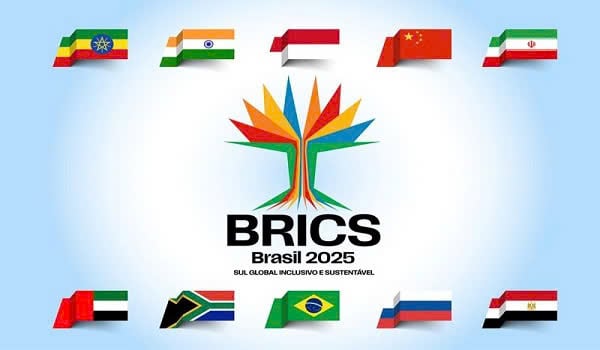
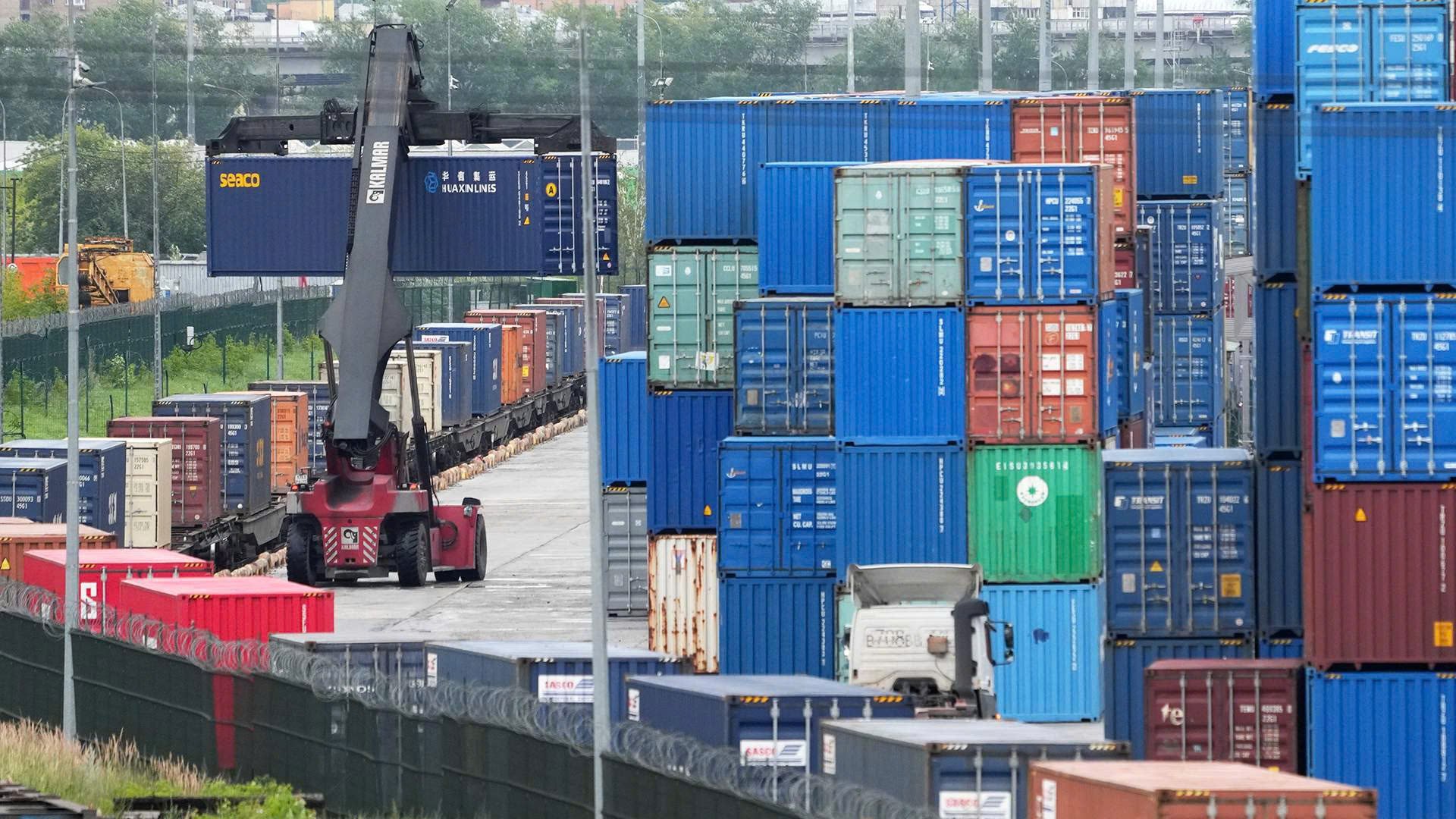
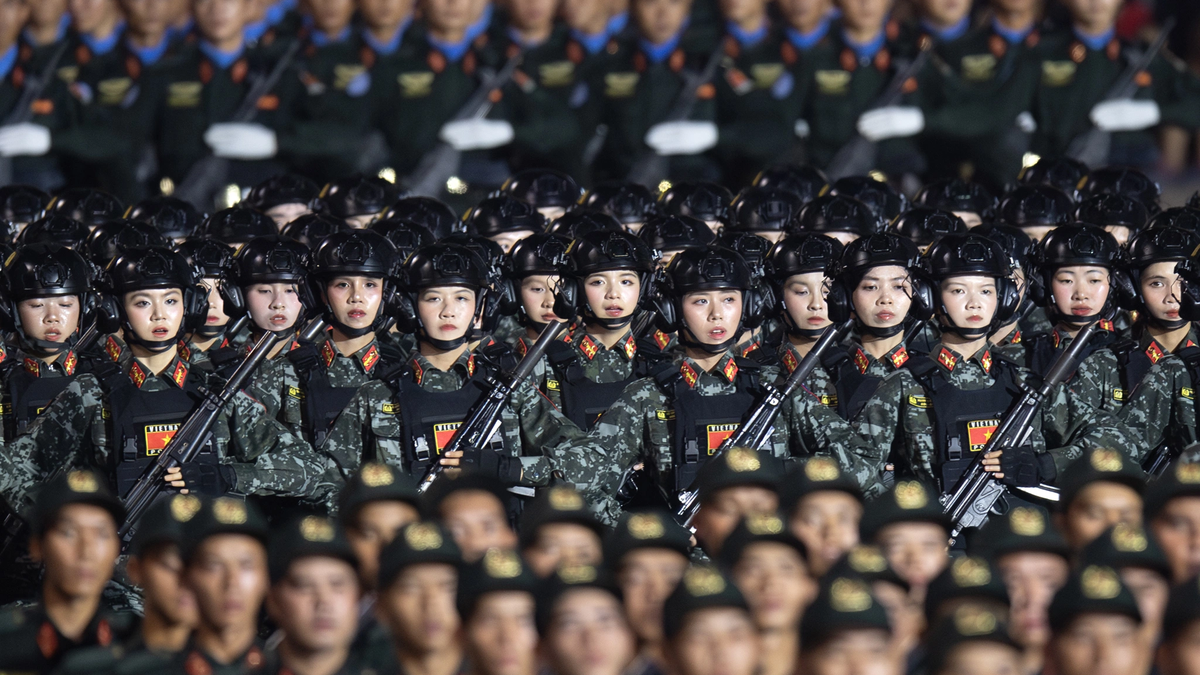
![[Photo] General Secretary To Lam attends the opening ceremony of the National Achievements Exhibition](https://vphoto.vietnam.vn/thumb/1200x675/vietnam/resource/IMAGE/2025/8/28/d371751d37634474bb3d91c6f701be7f)
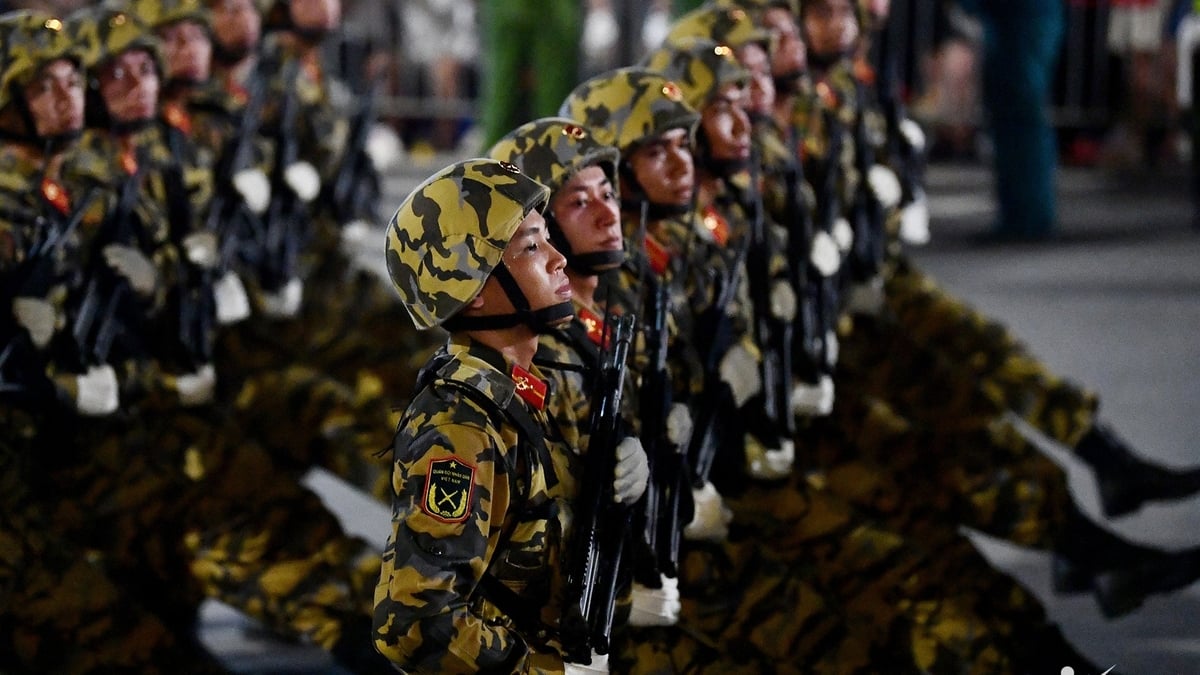
![[Photo] National Assembly Chairman Tran Thanh Man holds talks with New Zealand Parliament Chairman](https://vphoto.vietnam.vn/thumb/1200x675/vietnam/resource/IMAGE/2025/8/28/c90fcbe09a1d4a028b7623ae366b741d)
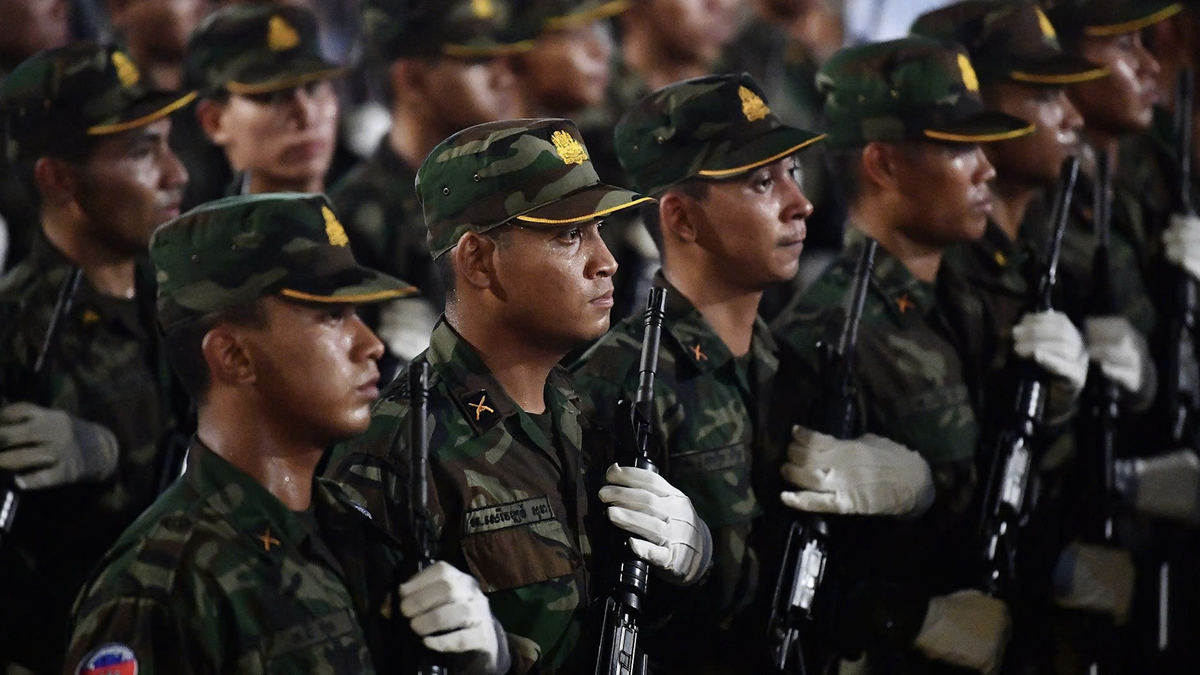

















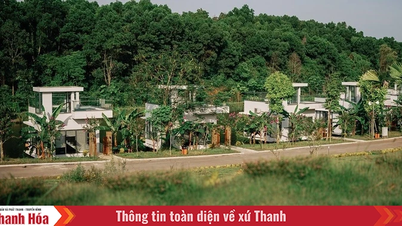







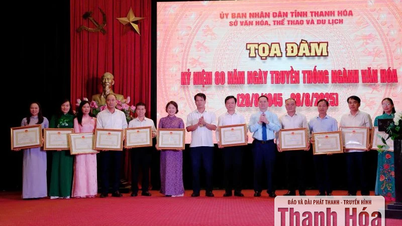



![[Photo] Images of the State-level preliminary rehearsal of the military parade at Ba Dinh Square](https://vphoto.vietnam.vn/thumb/1200x675/vietnam/resource/IMAGE/2025/8/27/807e4479c81f408ca16b916ba381b667)




















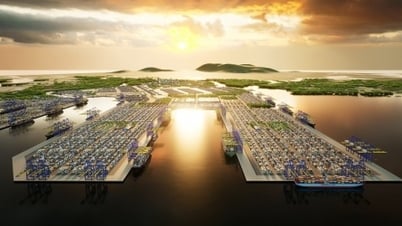














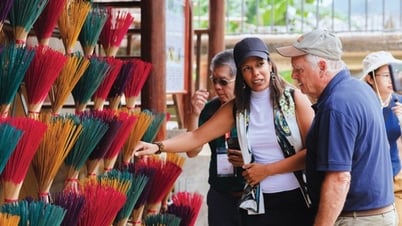

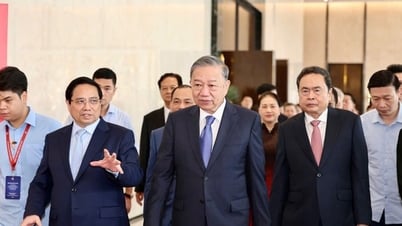




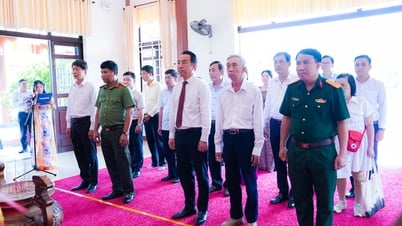




















Comment (0)